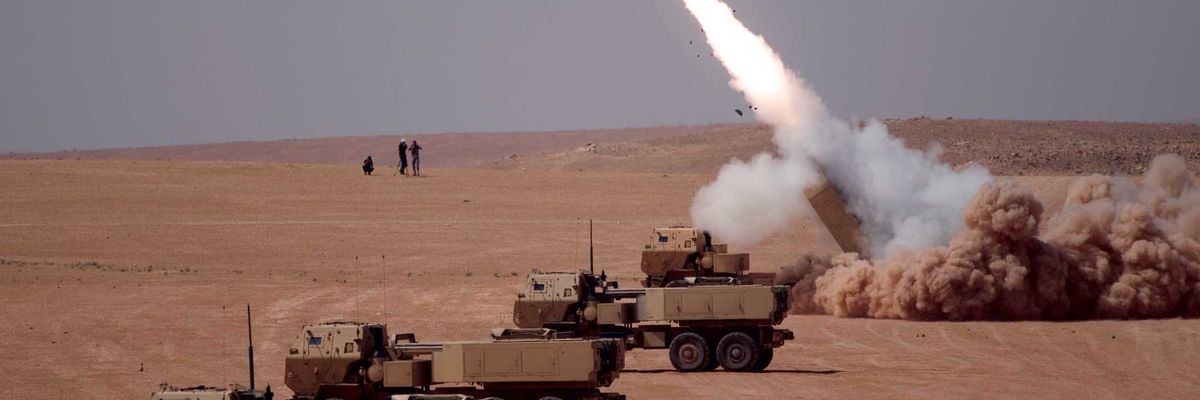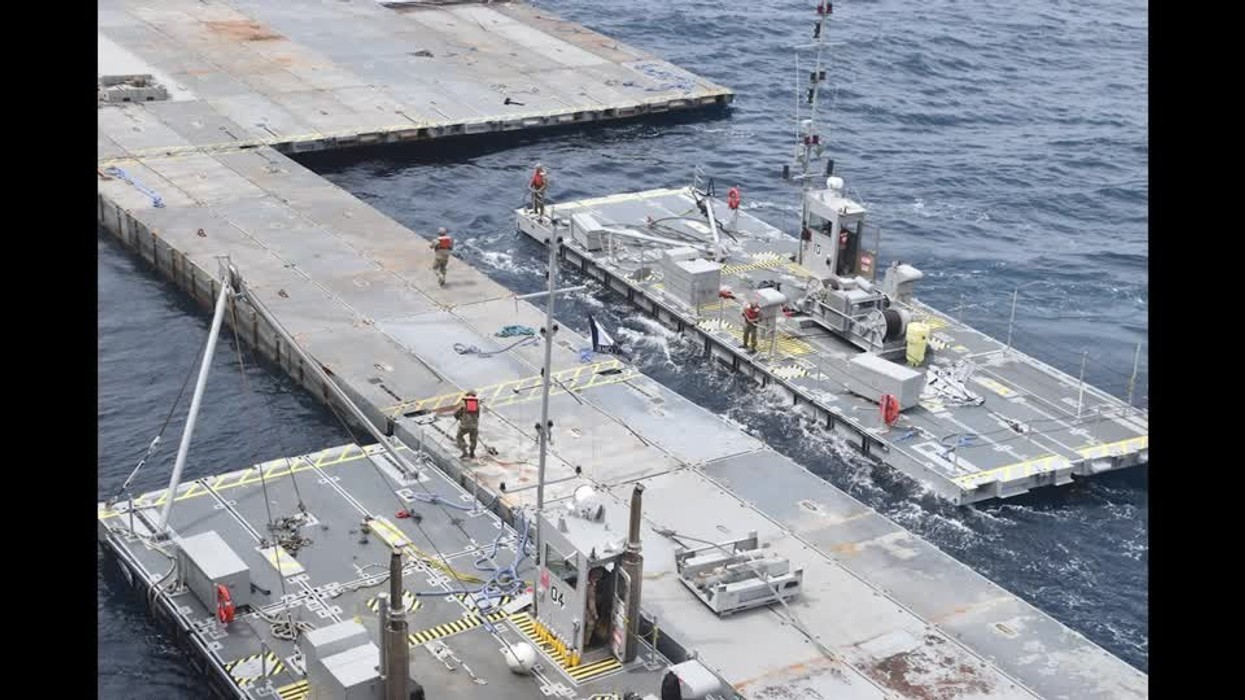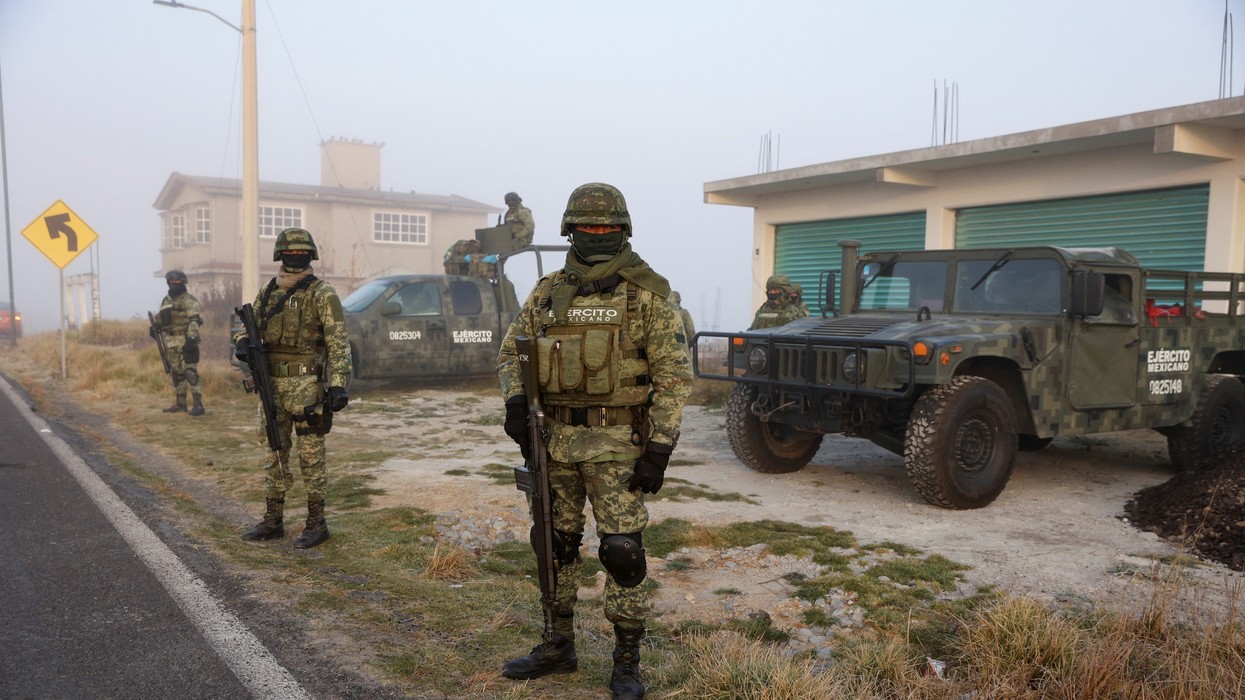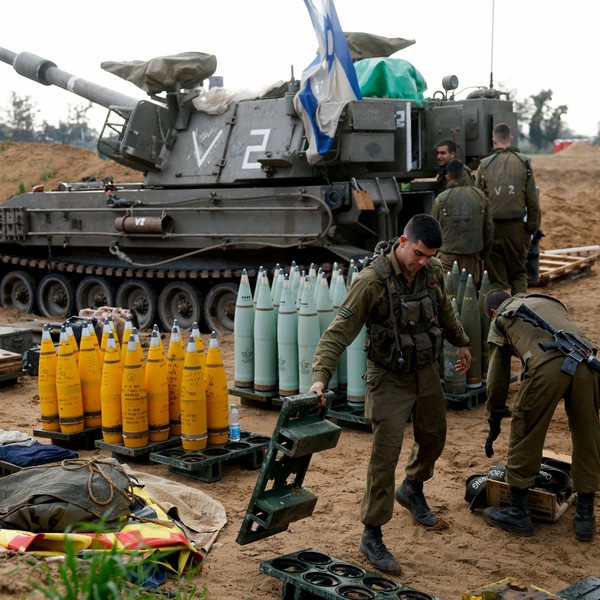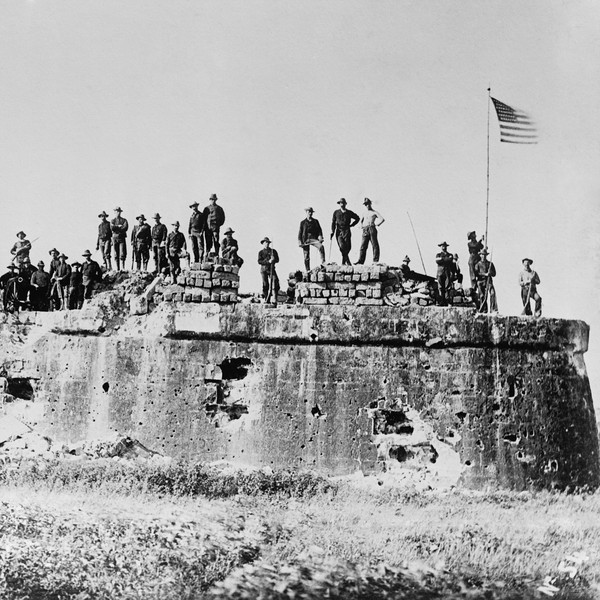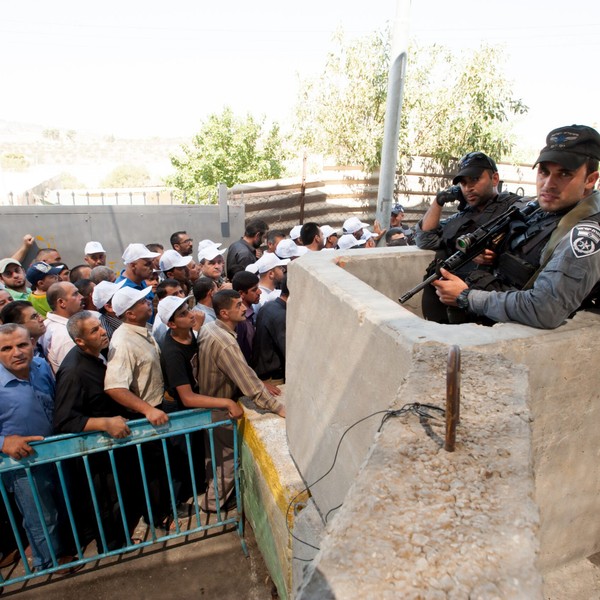The U.S. may be finding itself in a paradoxical position in which the increasingly advanced weapons it is sending Ukraine may be undercutting the goal of pursuing a diplomatic end to the war.
At the beginning of June, Washington announced that it would be sending High Mobility Artillery Rocket Systems (HIMARS) that carry missiles with a range of 50 miles and are capable of striking inside Russia’s borders. At the same time, the UK announced that it was seeking U.S. approval to provide Ukraine with U.S. made M270 Multiple Launch Rocket Systems that have the same range and the same capability. The U.S. approved that provision too, and the UK announced on Sunday that they are sending the rocket system to Ukraine.
The HIMARS also have the capability to carry even longer range missiles, up to 186 miles. The White House has said it has “assurances” from Ukraine that it will not use the new weapons to strike inside Russian territory.
Nevertheless, Russian Foreign Minister Sergey Lavrov cautioned the U.S. that the provision of these advanced rocket systems would be a "serious step towards unacceptable escalation."
Putin says that the U.S. and UK announcements demonstrate the intent of the West to pursue “the sole objective of stretching out the armed conflict as long as possible.” Furthermore, he has warned that "if it now comes to rockets and they are supplied, we will draw conclusions from that and employ our weapons that we have in sufficient quantities to strike those facilities that we are not attacking so far.”
Lavrov went further, warning that “the longer the range of weapons you supply, the farther away the line from where [Ukraine] could threaten the Russian Federation will be pushed."
Ignoring this may not only risk prolonging the war, but it also risks imperiling Ukrainians with further violence and may ultimately be counterproductive to the West’s own goals.
CNN has recently reported that U.S. officials have been meeting with their UK and European counterparts to discuss “potential frameworks for a ceasefire and for ending the war through a negotiated settlement,” even though they see “no real prospect for any diplomatic breakthroughs or ceasefires anytime soon.” Meanwhile, the Wall Street Journal reports that France and Germany lead a NATO bloc favoring negotiations, while the U.S. and UK lead a bloc that may favor continuing to send more advanced weapons.
Biden recently quoted Ukrainian President Volodymyr Zelensky, saying that "ultimately this war ‘will only definitively end through diplomacy.’” He then provided a long list of U.S. weapons being sent to Ukraine. Biden then squared the two statements by explaining that, “every negotiation reflects the facts on the ground. We have moved quickly to send Ukraine a significant amount of weaponry and ammunition so it can fight on the battlefield and be in the strongest possible position at the negotiating table.”
Ignoring the Russian warnings against U.S. provision of long range missiles may be counterproductive to that stated goal.
The CNN report says one of the potential frameworks being discussed for a negotiated settlement is a four-point Italian proposal, calling for Ukraine committing to neutrality and not joining NATO, security guarantees for Ukraine, and negotiations between Ukraine and Russia on Crimea and the Donbas.
This proposal sounds a lot like earlier proposals Ukraine and Russia were apparently discussing with some promise. One of the tragedies of this war would be if it were prolonged only to arrive at the same settlement that could have been brought about many months, and many deaths, ago.
But in addition to the tragedy, sending the advanced missile systems to Ukraine risks undermining Biden’s stated goal of creating "facts on the ground" that put Ukraine “in the strongest possible position at the negotiating table.” The current facts on the ground are consistent with the Italian proposal. Ukraine controls the whole country west of the Donbas and it can negotiate the future of the Donbas and Crimea.
Lavrov has clearly warned that provision of longer range missiles risks Russia pushing the border of the region they control further west. That would put Ukraine in a weaker position at the table, having to negotiate the reclamation of territory west of the Donbas.
Sending advanced missile systems with a range long enough to threaten the Russian state could not only prolong the war and cause more suffering for Ukrainians by extending the current battlefield, it could also, ultimately, put Ukraine in a weaker position at the negotiating table.
